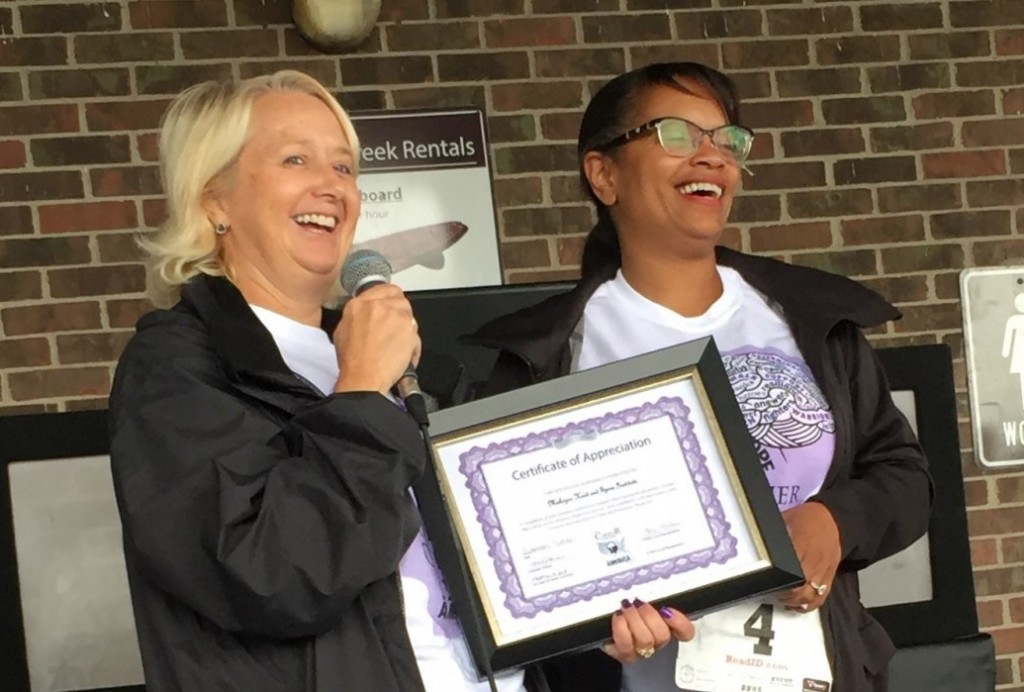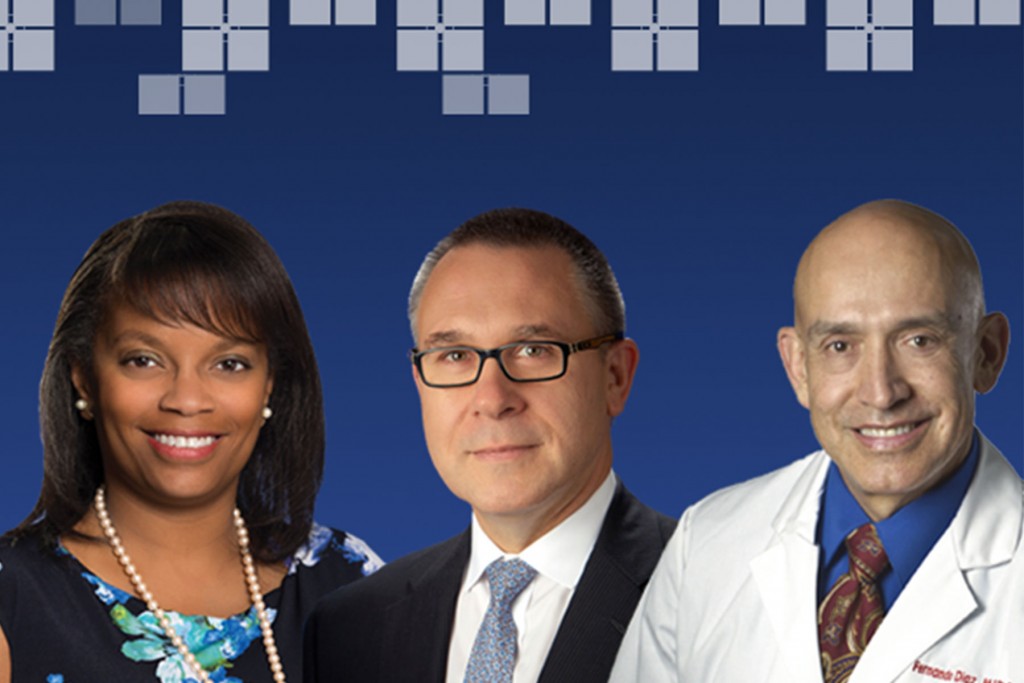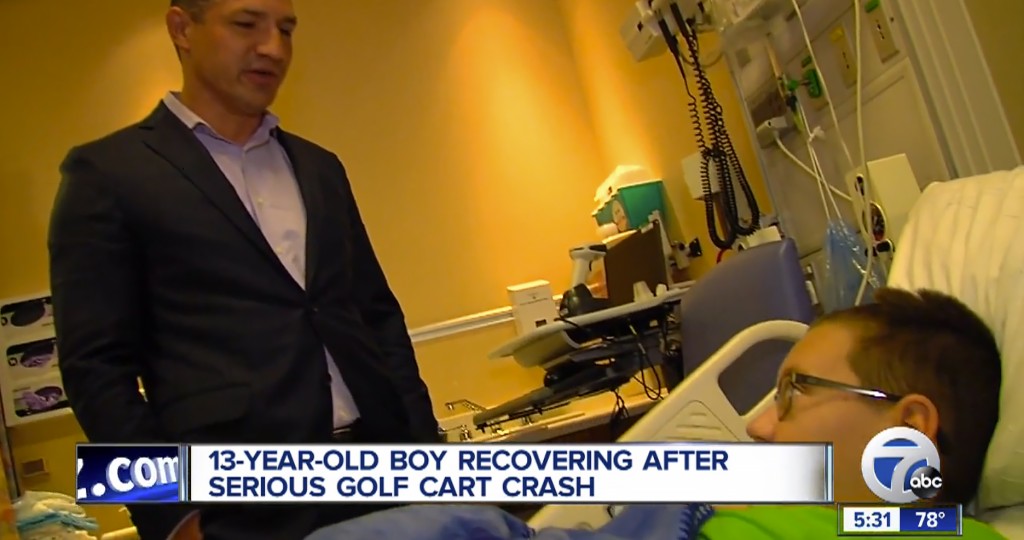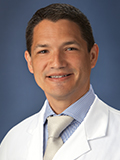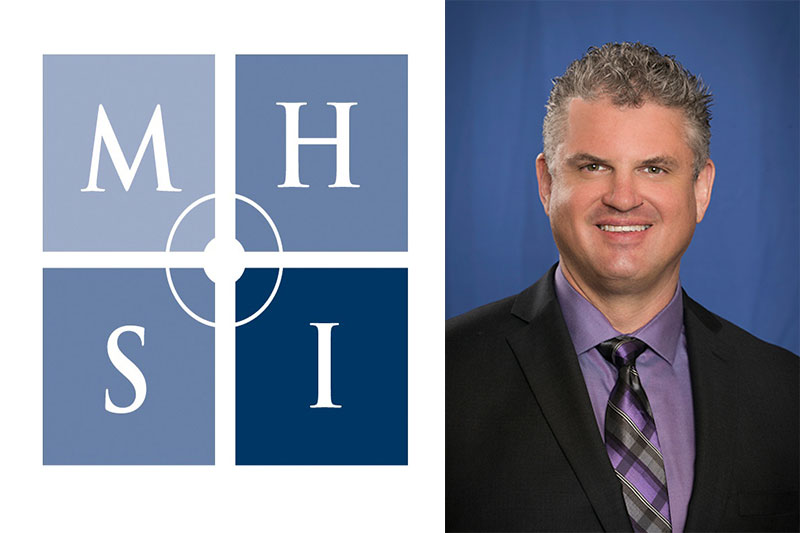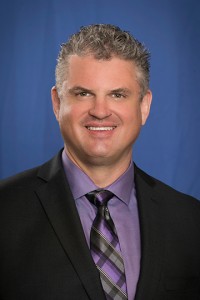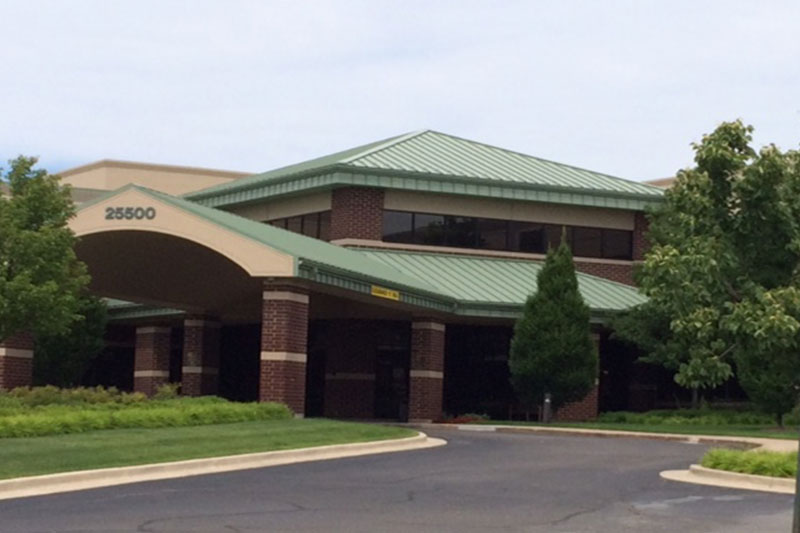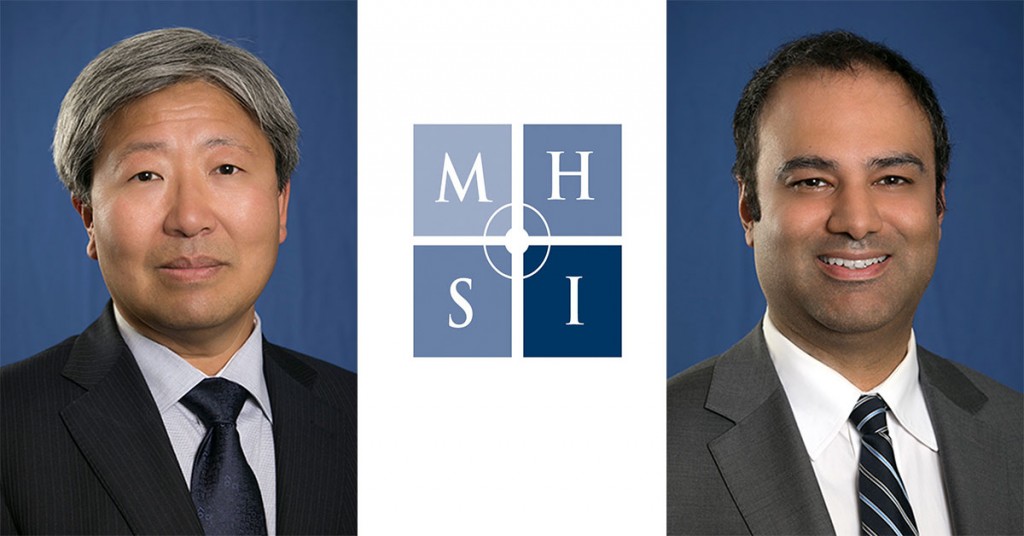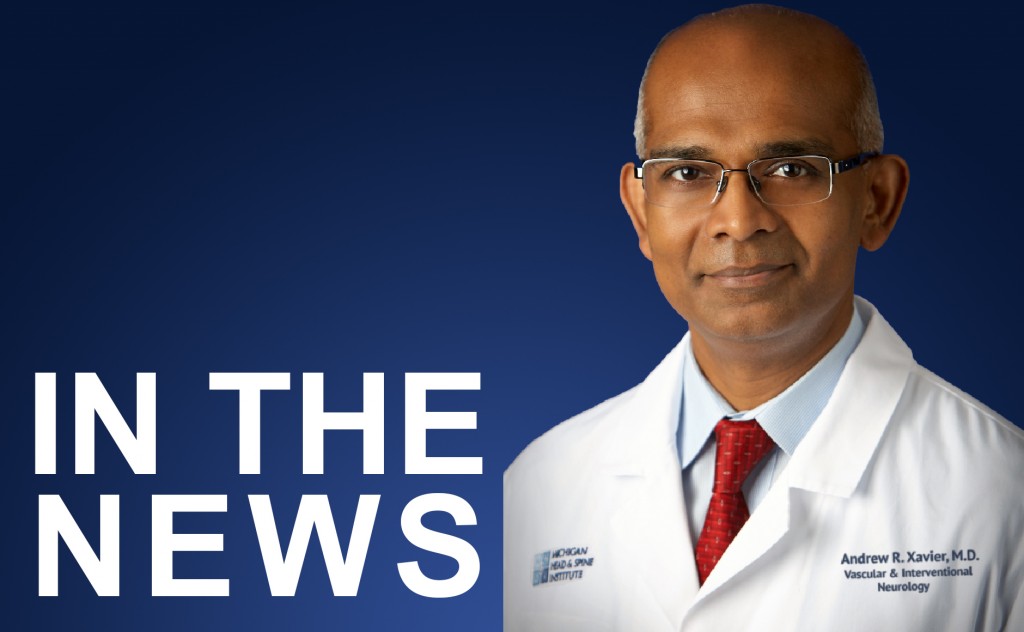Patients arrive at Michigan Head & Spine Institute with many different conditions and injuries. We hear from our patients that learning about conditions other than what you might be experiencing often helps family members or friends. So this month the MHSI Health Education Series will discuss trigeminal neuralgia.
Robert Johnson, M.D., MHSI neurosurgeon explains, “Pressure or damage to the trigeminal nerve can cause malfunction of the nerve which leads to the pain in the face known as trigeminal neuralgia.” Trigeminal neuralgia usually affects more women than men, and those over 50 years of age. Doctors may use medications, and sometimes surgery to relieve the pain and release the pressure on the nerve.
Some Possible Causes:
- Contact between a normal blood vessel and an artery/vein
- Aging
- Multiple Sclerosis or other movement disorders
- Brain lesion
- Stroke or facial trauma
- Abnormal position of blood vessel related to the nerve
Symptoms of Trigeminal Neuralgia
There are many symptoms of trigeminal neuralgia which could include one of these patterns:
- Extremely painful, sharp electric-like spasms that may last a few seconds to a few minutes.
- Spontaneous attacks of pain while doing regular daily activities such as talking, brushing your teeth, or chewing.
- Pain that is triggered by sounds, wind or touch.
- Pain that affects one side of the face, rarely does it affect both sides of the face.
- Constant aching or burning pain.
- Pain is usually in the areas that are supplied by the trigeminal nerve: cheek, jaw, teeth, gums, or lips. Pain in the eyes and forehead are less common.
- Attacks become more frequent and increase in intensity.
- Pain, for an unknown reason, isn’t usually felt while sleeping. Knowing this may help physicians pinpoint if it could be a migraine or toothache rather than trigeminal neuralgia.
- In atypical trigeminal neuralgia, a severe migraine in addition to the sharp electric like spasms may be present.
Treatment for Trigeminal Neuralgia
Medication, which may include muscle relaxers, anti-seizure drugs, and antidepressants to target the inflamed nerve, may be prescribed to those diagnosed with trigeminal neuralgia. In some cases, surgery may be needed to relieve the pressure that is causing the nerve disruption. These surgical options may include:
- Microvascular decompression – relocating or removing a blood vessel that is in contact with the trigeminal nerve. This is done with a small incision behind the ear on the side of your pain
- Tumor Removal
- Gamma Knife Radiosurgery
- Glycerol injection – the sterile glycerol damages the trigeminal nerve and blocks pain signals
- Balloon compression
Robert Johnson, M.D. and Jeffrey Jacob, M.D. are MHSI neurosurgeons who specialize in treating trigeminal neuralgia. If you identified these symptoms as those you may be experiencing, please call MHSI for an appointment, 248-784-3667.


